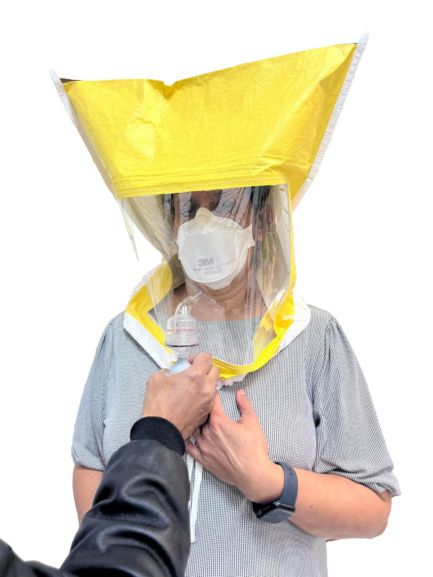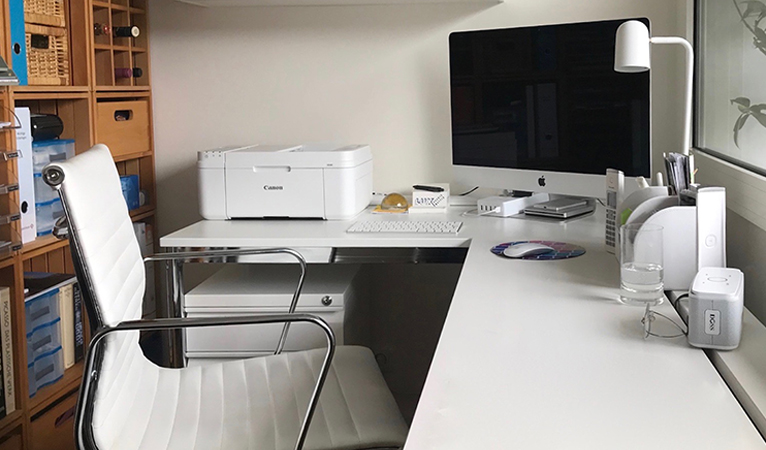Ensuring Safety and Protection: The Importance of N95 Mask Fit Testing
In the ongoing battle against the COVID-19 pandemic, the proper use of personal protective equipment (PPE) has become more critical than ever. Among the various types of masks available, N95 respirators are widely regarded as one of the most effective at filtering out airborne particles, including viruses. However, simply wearing an N95 mask is not enough to guarantee protection. Proper fit is equally crucial, and that's where Mask Fit Test comes into play. In this blog, we'll explore the significance of N95 mask fit testing and its role in ensuring safety for frontline workers and the general public alike.
N95 respirators are designed to form a tight seal against the wearer's face, filtering out at least 95% of airborne particles when properly fitted. This high level of filtration makes them a cornerstone of respiratory protection in healthcare settings, construction sites, and other high-risk environments. However, achieving a proper fit requires more than just putting on the mask and adjusting the straps. Factors such as facial shape, size, and individual variations can impact the effectiveness of the seal, highlighting the need for comprehensive fit testing protocols.

Mask fit testing, also known as respirator fit testing, is a process used to assess the effectiveness of the seal between the respirator and the wearer's face. There are two main types of fit testing: qualitative and quantitative. Qualitative fit testing relies on the wearer's sense of taste or smell to detect leaks around the mask, while quantitative fit testing uses specialized equipment to measure the concentration of particles inside and outside the mask to determine the fit factor. Both methods play a crucial role in ensuring that N95 respirators provide the intended level of protection.
For healthcare workers on the frontlines of the pandemic, proper N95 mask fit is essential for their safety and the safety of their patients. In environments where the risk of exposure to airborne pathogens is high, such as hospitals and clinics, ensuring a secure seal is paramount. A poorly fitting mask can compromise the effectiveness of PPE, leaving healthcare workers vulnerable to infection. By implementing rigorous fit testing protocols, healthcare facilities can minimize the risk of exposure and protect their staff members from potential harm.
Beyond healthcare settings, N95 mask fit testing is also important for workers in industries such as construction, manufacturing, and agriculture. These workers may be exposed to hazardous airborne particles, including dust, chemicals, and allergens, which can pose serious health risks if inhaled. By ensuring that N95 respirators fit properly, employers can safeguard the health and well-being of their employees and mitigate the risk of occupational illnesses and injuries.
In addition to protecting frontline workers, N95 mask fit testing is also crucial for the general public, especially in situations where mask-wearing is recommended or mandated. As communities navigate the various stages of the pandemic, wearing masks in public spaces remains an important preventive measure to reduce the spread of COVID-19. However, wearing a mask that doesn't fit properly can provide a false sense of security and compromise its effectiveness. By educating the public about the importance of proper mask fit and providing resources for fit testing, public health authorities can empower individuals to protect themselves and others from the virus.
Furthermore, N95 mask fit testing plays a vital role in preserving the integrity of the healthcare system by conserving valuable PPE resources. In times of high demand and limited supply, ensuring that healthcare workers have access to properly fitting respirators becomes even more critical. By identifying individuals who require different sizes or styles of masks, fit testing helps optimize the allocation of resources and minimize waste. This, in turn, enables healthcare facilities to maintain adequate stockpiles of PPE and respond effectively to emerging public health threats.
In conclusion, N95 mask fit testing is an essential component of respiratory protection programs in healthcare settings, workplaces, and communities. By ensuring that respirators form a secure seal against the wearer's face, fit testing helps maximize their effectiveness at filtering out airborne particles and preventing exposure to hazardous substances. Whether it's protecting frontline workers from infectious diseases or empowering the general public to take proactive measures against COVID-19, proper mask fit is key to ensuring safety and protection for all.
TAGS :







